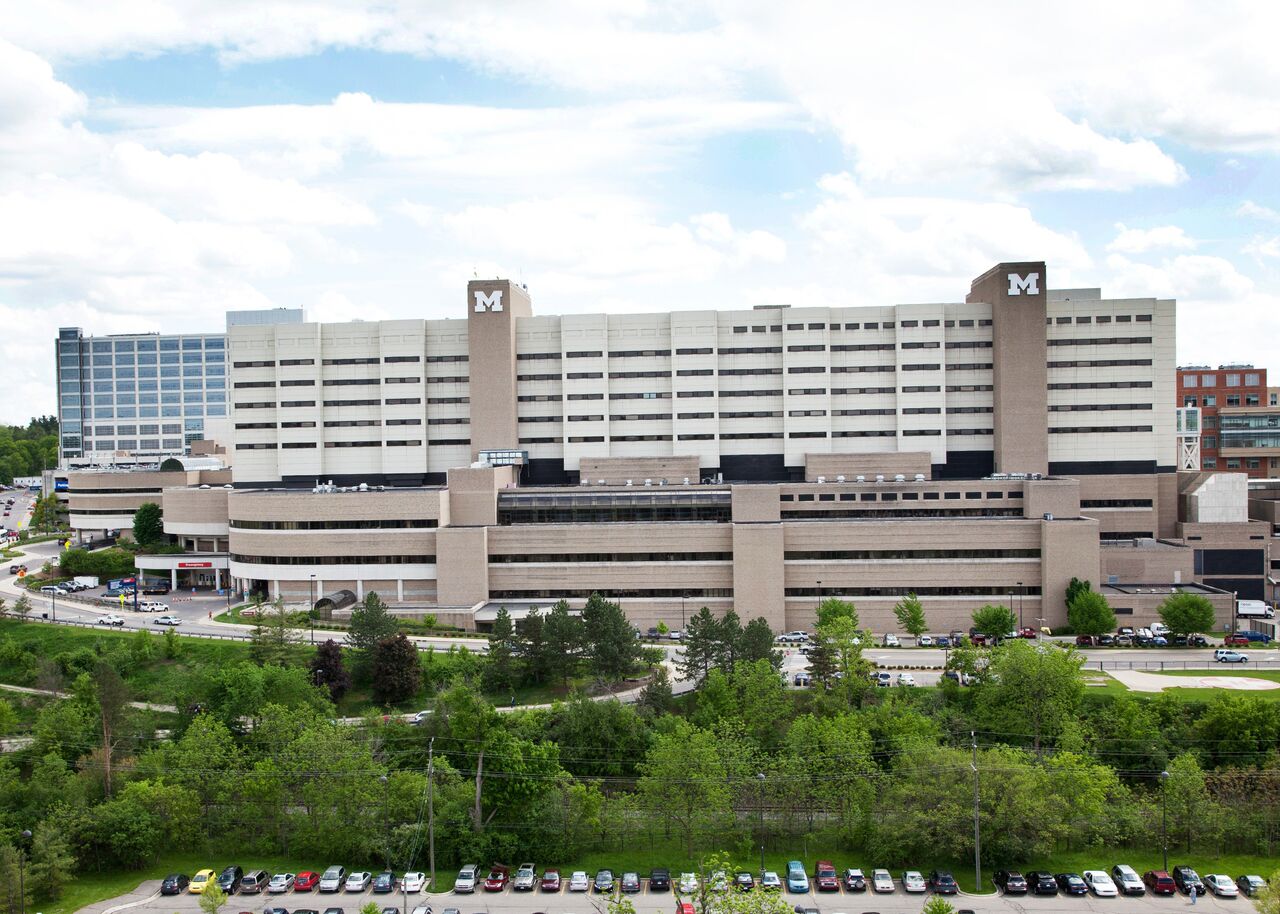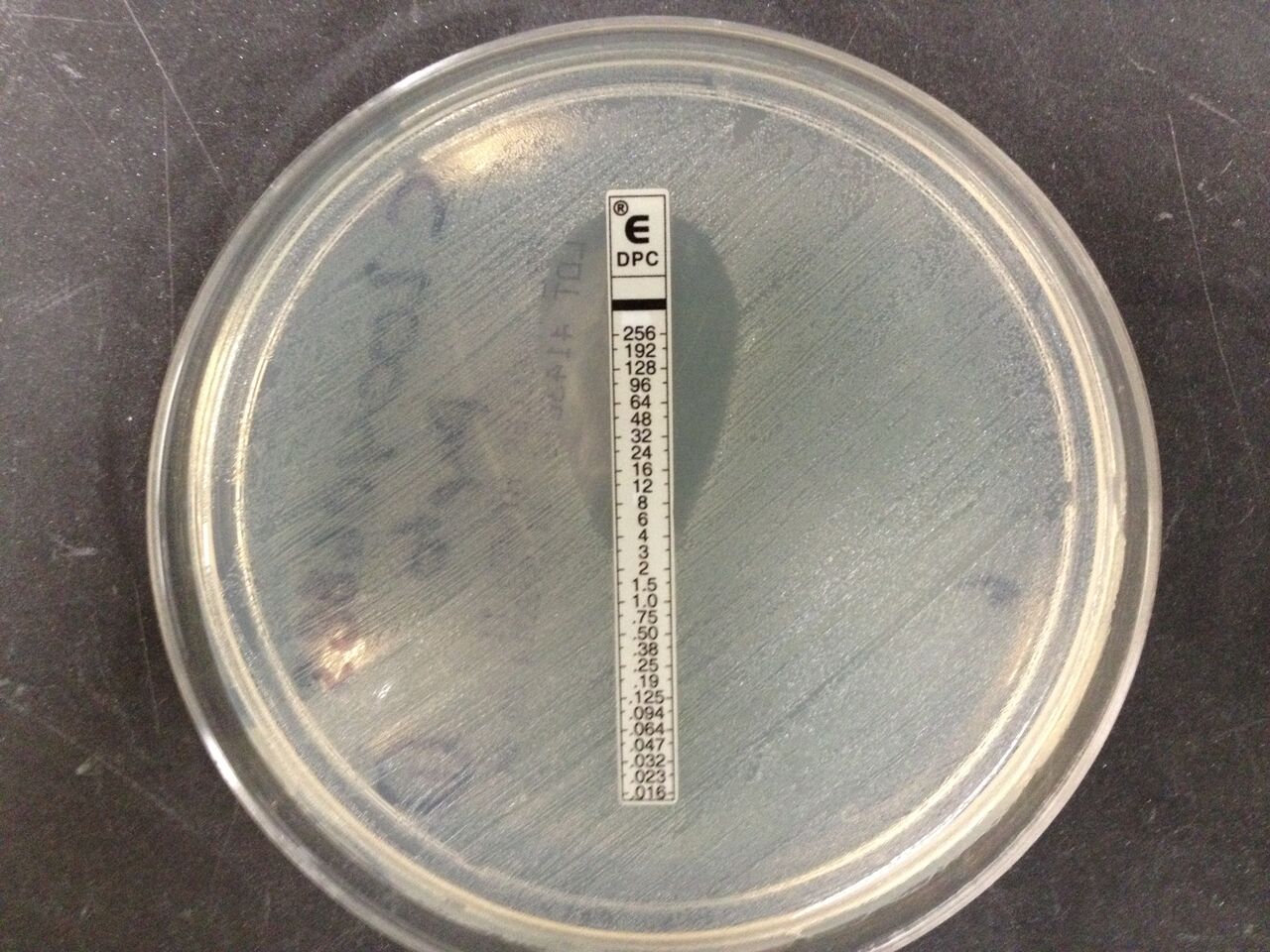CURRENT OPENINGS
Page last updated Dec 18, 2018
We have an open search for brave, ambitious, fun and skilled post-docs and research associates interested in real time evolution in health-care s ettings.
ettings.
The evolution of drug resistance is one of the major challenges for 21st Century Medicine. An important solution is to use the drugs we already have in ways which slow or prevent resistance emergence (stewardship). We are interested in hiring people who are passionately interested in giving stewardship science a rigorous grounding in modern evolutionary theory. Projects include experimental work with drug resistance in malaria and with bacteria present in US hospitals, epidemiological and genomic analyses of hospital infections, statistical analyses of electronic health records, and the development and application of evolutionary models in health-care settings. There may also be options in cancer. Ideal candidates will have a PhD in cognate subjects (such as evolutionary biology, ecology, mathematics, statistics, epidemiology, public health, bioinformatics, genomics, microbiology). Post-Doc candidates must have up to 4 years postdoctoral experience, and a significant publication record. Research Associate candidates must have a proven record of extensive research accomplishments through publication, conference presentations, and seminars and will be expected to submit research proposals for self-support in due course.
We are looking for people whose interests coincide with ours but with skill sets that add to those we already have. Experience with evolution in health care settings is desirable, but more critical is a keen interest in the application of basic science to improve real-world health outcomes and the capacity to operate in a highly interdisciplinary and collaborative environment. These positions are based primarily at Penn State, but hospital-motivated projects may involve substantial time at the University of Michigan Health System and at the Geisinger Health System. They involve collaboration between the Read and Woods group.
Woods is an Infectious Disease physician with a very strong background in evolutionary biology (Woods MD/PhD). Applications must be submitted electronically here or here and must include a cover letter describing research experience, interests and ambitions, a CV, and contact information for three references. Applications must be submitted electronically here or here. Informal inquiries to Andrew Read PhD or Robert Woods MD PhD. Review of applicants will begin immediately and continue until the position is filled.
strong background in evolutionary biology (Woods MD/PhD). Applications must be submitted electronically here or here and must include a cover letter describing research experience, interests and ambitions, a CV, and contact information for three references. Applications must be submitted electronically here or here. Informal inquiries to Andrew Read PhD or Robert Woods MD PhD. Review of applicants will begin immediately and continue until the position is filled.
OTHERWISE:
Potential post-docs interested in other things should contact me (Andrew) to discuss science. Make it a good pitch. I delete generic emails which show no evidence that a potential candidate actually knows what I do. I warm to people showing evidence of having read some of my papers and who have interesting ideas about how they would fit into my research interests or take me in new directions. I do not worry about ideas that are impractical or even silly, so long as they are interesting and reveal signs of serious brain function. I do worry about potential post-docs without strong publication records.
Potential CIDD graduate students should contact Matt Ferrari, CIDD Director about how they can fit into Penn State’s Center for Infectious Disease Dynamics. It’s a great community. There are people who go elsewhere, but it’s not clear why. Matt can advise on which Faculty would best match your interests.
Potential graduate students interested in joining the Read Group: sorry, I am not taking new graduate students for the foreseeable. But do email the CIDD Director, Matt Ferrari, for advice/contacts on the many outstanding CIDD faculty we have — all are terrific advisors (and are less busy than I am). I serve on numerous PhD committees so if you come here, you can get my input that way.
Last updated December 18, 2018
